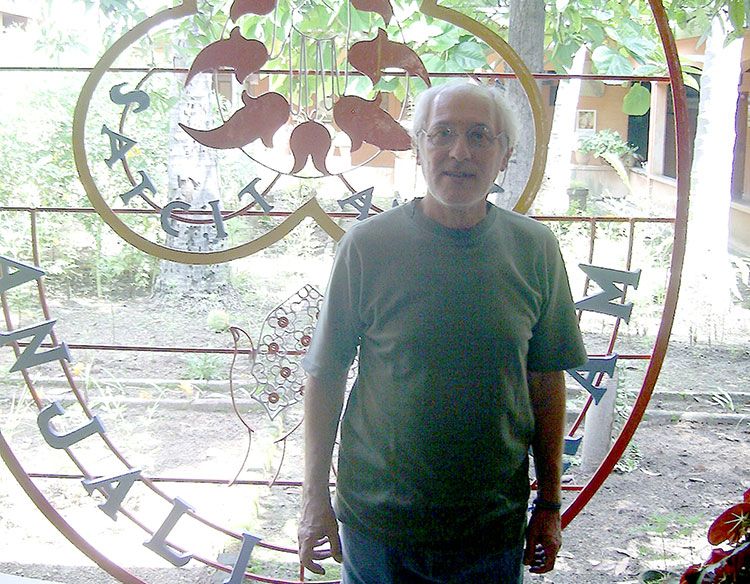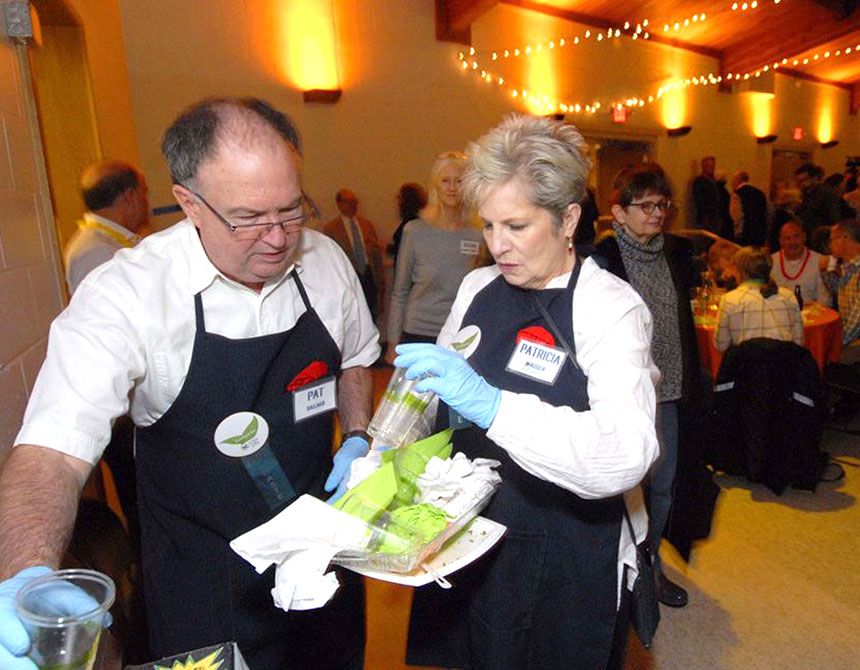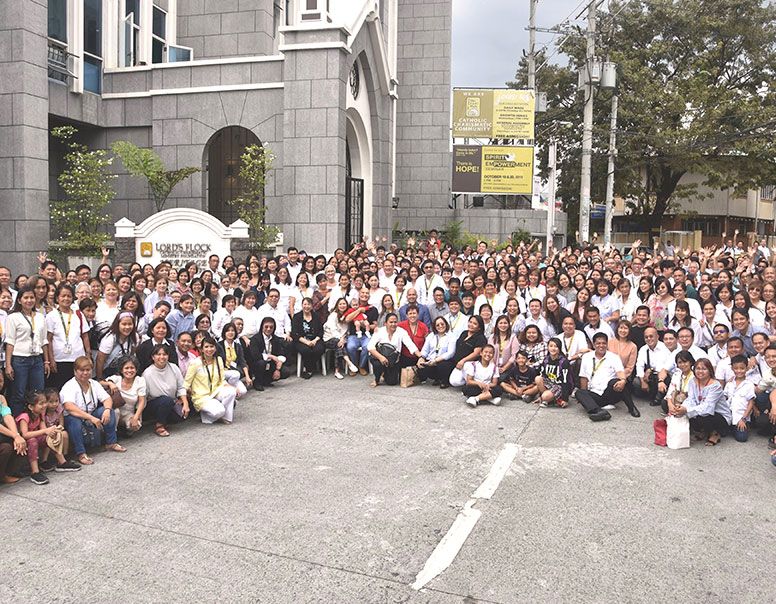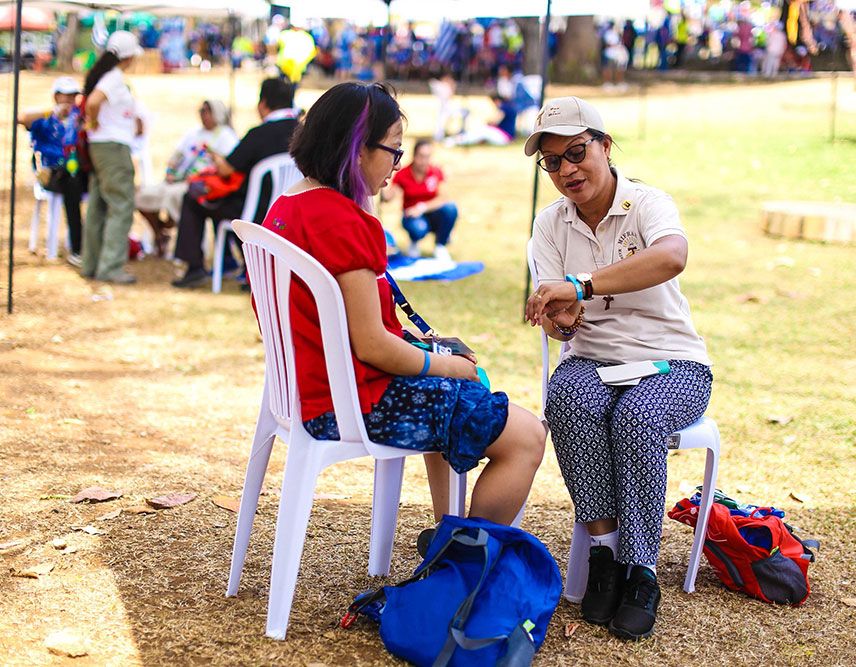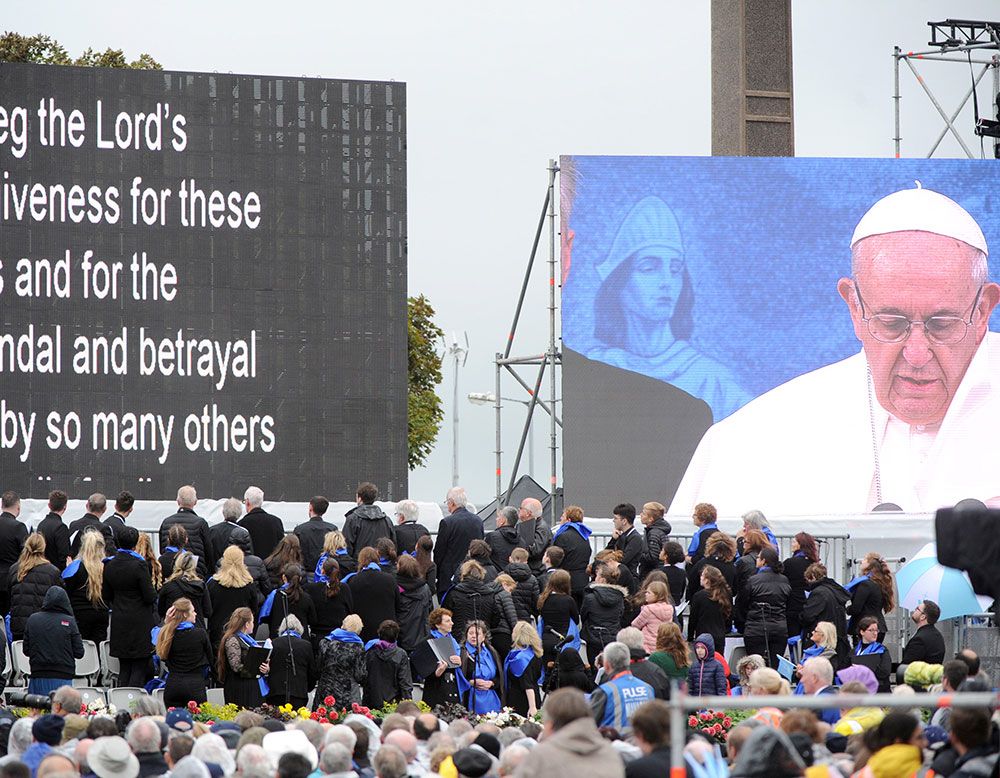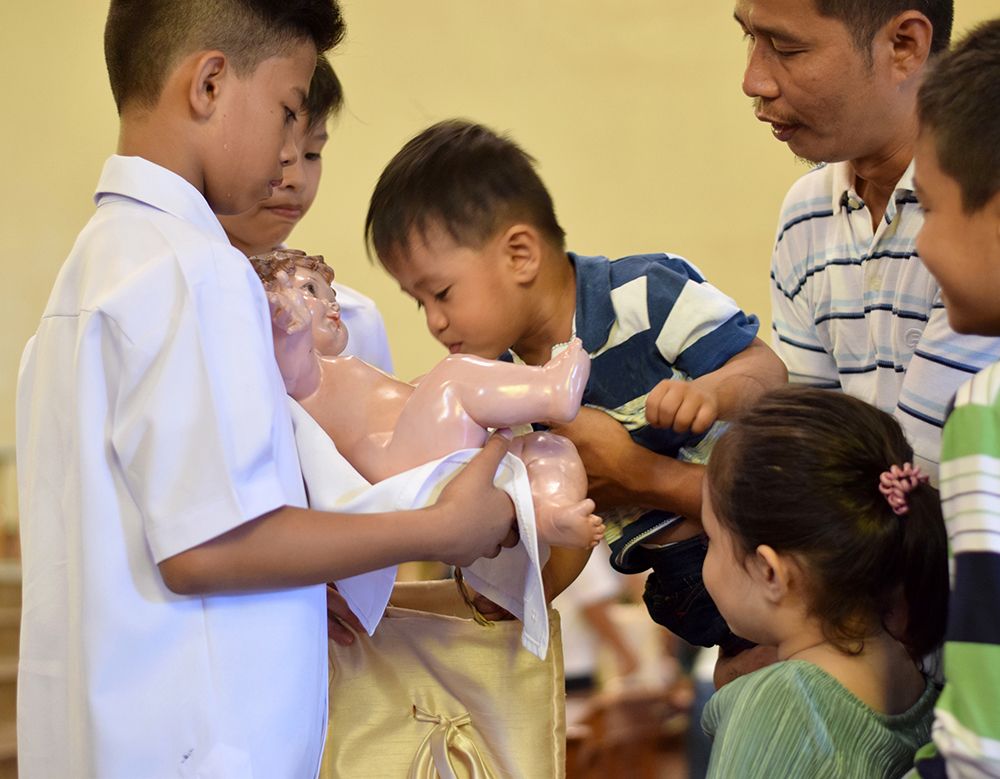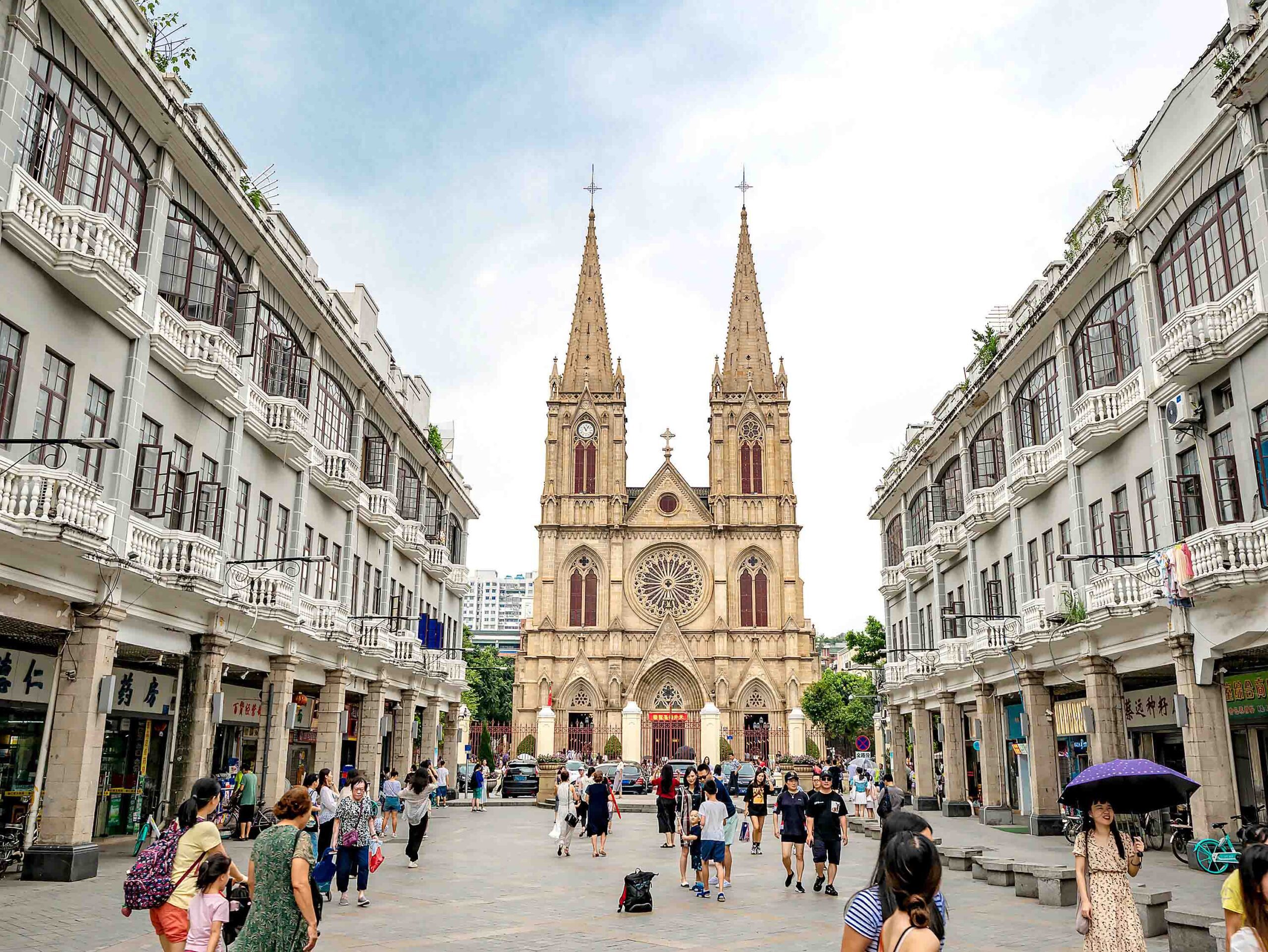I would like to begin with a story. It is said that as St. Francis of Assisi and his companion Bro. Masseo were journeying from town to town in Italy, they also begged for their food. As they begged, Francis took one street, while Bro. Masseo took another street. Francis was a small man and he earned only a few scraps of dry bread. But Bro. Masseo was tall and strikingly good-looking, and he received large portions of fresh bread.
The two met outside the town, near a beautiful fountain to share the food they had received with one another. Bro. Masseo could only take note of what was lacking in their meal. He said–“How poor and how miserable and how wretched we are! We have nothing, absolutely nothing! No knife, no table, no cloth, no wine, no home. Nothing, except these few pieces of bread!”
However, Francis could only exclaim most gratefully and joyfully. Francis said, “What are you talking about? My dear Bro. Masseo, we are not at all worthy of this vast treasure. We have so much, for we have received so much. We have clear, clean water. We have our daily bread. We have our table of stone. We have our friendship and companionship. And above all, we have our very Lord and God to serve us!”
I share this story because many times we are just like Bro Masseo. Many times, we complain a lot. Many times, we focus on ourselves, what we “lack” and/or what we do not have. Many times, we feel envious of others–their talents, their cars, their cell phones, their computers, their clothes, their grades, their homes and so on. Because of this we become insensitive and take the blessings and graces that we receive from the Lord daily for granted, not realizing that we have so much.
In our story, Bro Masseo could see nothing except the wretchedness, poverty and affliction in their experience. Yet Francis, who was given the same, exact experience, could see only the blessings, thanksgiving, vast riches and grace and, above all, God Himself. What made all the difference between Francis and Bro, Masseo? I would say that the point that made all the difference was this–attitude. Yes, interior, spiritual attitude.
Spiritual Attitude
St. Ignatius of Loyola has a special term for this interior, spiritual attitude. He called it “finding God in all things”. He even drew up a very simple method of prayer to help people develop and possess this inner, spiritual attitude. This very simple method of prayer has been known as the examen.
The examen is a way of praying that allows us to find and see God in our most ordinary, everyday experiences, making us stop, look back at our day, and listen to ourselves, to God Himself and to what He has been telling us.
We live in a very busy and fast-paced world, and that is why we need to find quality time to stop, look and listen to ourselves and to God. And the examen allows us precisely to do all these three. If not, we may end up just like Bro Masseo–insensitive and blind to God’s very presence, action and grace in our lives.
Five Simple Steps
How exactly does one pray the examen? The examen usually lasts for fifteen minutes. It is done usually twice a day–one at noontime and another one at night, just before going to bed. It has five simple steps.
1. The first step is begging for this special grace of insight. Here I take time to quiet down for a while, put myself in the presence of the Lord, and imagine Him looking at me with much love. When I have done this, I then pray for this grace–“My Lord, Jesus, I beg that I may see myself, know myself, and understand myself more and more as your Spirit sees me, knows me and understands me.” I pray these words very slowly and with much meaning.
2. The second step is looking back and reviewing my entire morning or day. As I look back, I count the blessings and grace I have received and give thanks to the Lord with all my heart. The important point to remember here is that these blessings and gifts are uniquely mine, and it is in and through them that God communicates His abundant love for me. As such, I need to recognize these daily gifts.
And yet, at the same time, I also need to go beyond them and focus not just on the gifts themselves, but more on the Giver of these gifts–the loving Lord Himself. As I do this, I listen most intently to Him telling me–“You are precious to me. You are Mine. I love you very much!”
3. The third step involves carefully examining and naming my inner movements and feelings (and not my external actions) so that I can understand them and see how they have affected my relationship with God.
Here I ask questions like–What have been the more dominant feelings reigning and operating in my heart this morning or this day? What attitudes have I taken towards others, towards life in school and at home? Towards life in general? Have I been proud or humble, judgmental or kind, self-seeking or generous? Have I been anxious, insecure, hurt, lazy, afraid, angry, sad, and selfish? Or have I been joyful, courageous, hopeful, loving, and selfless?
It is most important that I do not deny any of these feelings, whether “positive” or “not so positive”. I have to simply own and acknowledge them, and even look for “feeling” patterns that may emerge.
The more I do this, the more I can understand myself, my inner experiences and feelings. And I can now begin to see how these have affected my day, and how they have either been drawing me closer to the Lord or drawing me away from Him.
4. The fourth step is all about asking for God’s healing mercy. Now that I have been made aware of my dominant feelings, movements in my heart, attitudes taken, and choices made especially those that have drawn me away from the Lord, I then ask to experience His gentle healing touch.
Here I may ask Him to heal me from my pride, my self-seeking ways, my patterns of selfishness, my lack of trust, my anger, my being uncharitable, and my vulnerabilities. I end this part by simply feeling God’s healing power, being contrite and sincerely asking for His forgiveness and mercy.
5. The fifth and last step deals with looking ahead and anticipating the events, places, people, and experiences that may soon come my way. I preview the coming day or half-day. Here I ask questions like–“How can I be of greater service to my Lord, given the coming events, places, people, and experiences? Where and how will the Lord show Himself this time? What surprises does He have in store for me now?”
I end by praying that I become more sensitive and present to Him and to the experiences that are about to unfold, and that I may respond to Him and the coming experiences with a generous heart.
This is the examen. It is a simple way of praying. Yet, it can change our very lives for it allows us to stop, look and listen intently to ourselves and to our God every day, finding Him in the most ordinary and not so ordinary events in our lives. By taking time out of our daily lives to pray the examen, may we, like St. Francis, declare to the whole world–“We have so much, for we have received so much from our God who loves us!”





